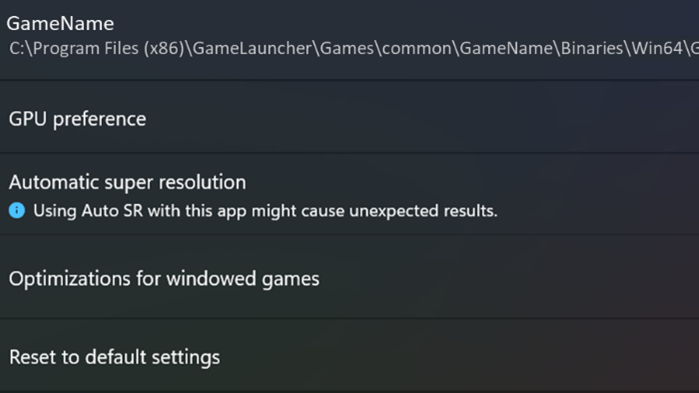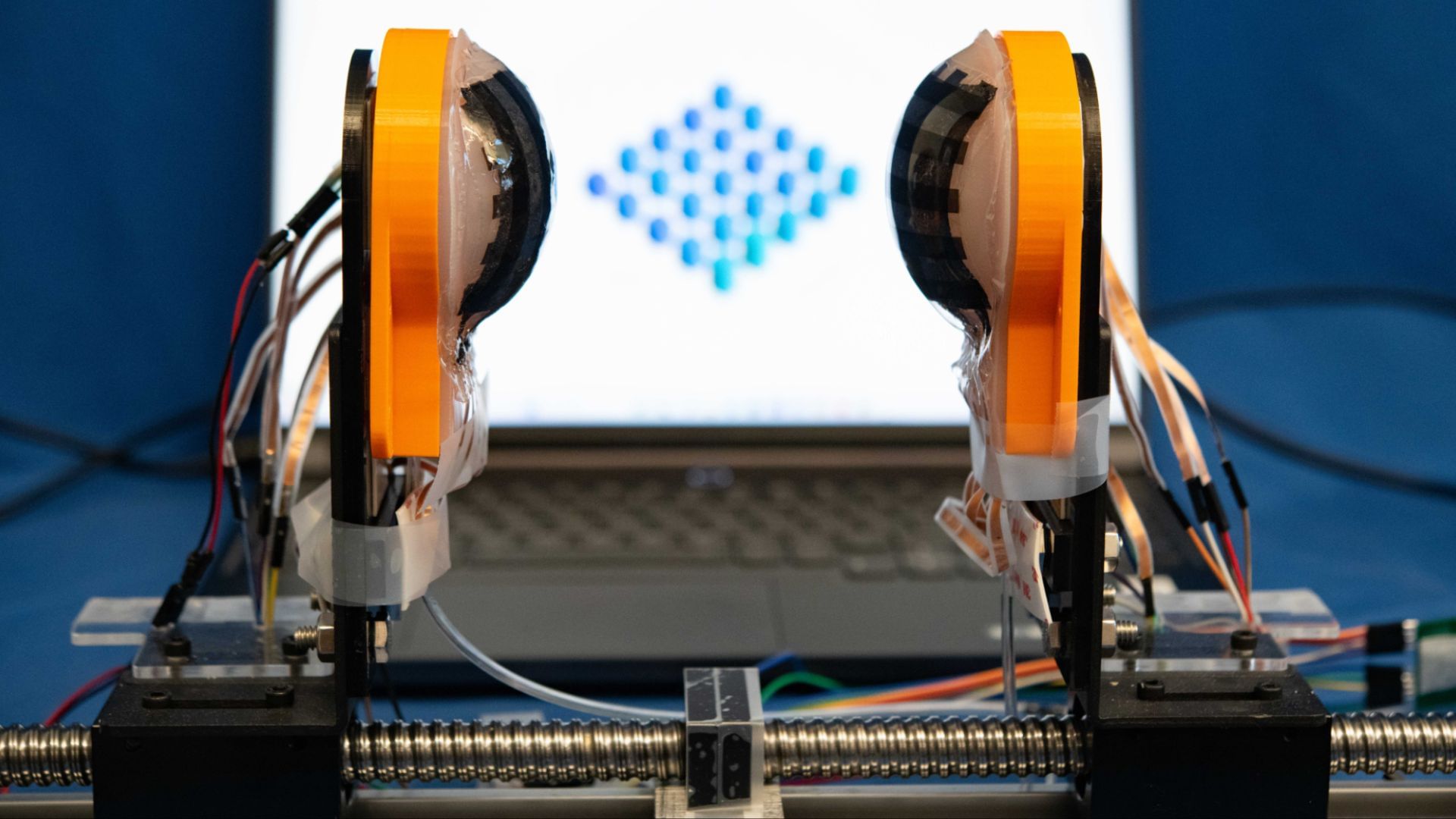Slack Faces Backlash Over AI Training Practices
In a recent controversy, Slack faced criticism from users over its alleged training of AI and machine learning models using sensitive user data such as messages and files. The company’s privacy policy documentation sparked concerns as it implied that customer data was being used to improve certain app features. However, Slack defended its practices by stating that it does not scan message content to train AI models. Instead, it utilizes industry-standard, privacy-protective techniques to enhance features like search result relevance and user recommendations. Despite this clarification, some users remain unsatisfied with the opt-out process, which requires sending an email to opt-out of data usage.
Industry Standard AI Training Techniques by Slack
Slack recently came under fire for its use of customer data to train AI models, sparking concerns about privacy and data protection. The company clarified that it employs industry-standard techniques to enhance features like channel recommendations and user interactions. By analyzing de-identified, aggregate user behavior data, Slack ensures that original message content in DMs, private channels, or public channels is not accessed for training purposes. However, the lack of a simple opt-out toggle in settings has left some customers frustrated, as they are required to send an opt-out email to Slack directly.
Confusion Surrounding Slack’s AI Practices
The controversy surrounding Slack’s AI training practices has left users feeling confused and concerned about their data privacy. While the company maintains that it does not use customer data to develop or train AI models that could reproduce sensitive information, some users are skeptical of the opt-out process. Additionally, Slack’s offering of a separate AI add-on based on third-party large language models has added to the complexity of the situation. As the debate continues, it remains to be seen how Slack will address user concerns and improve transparency around its AI practices.












